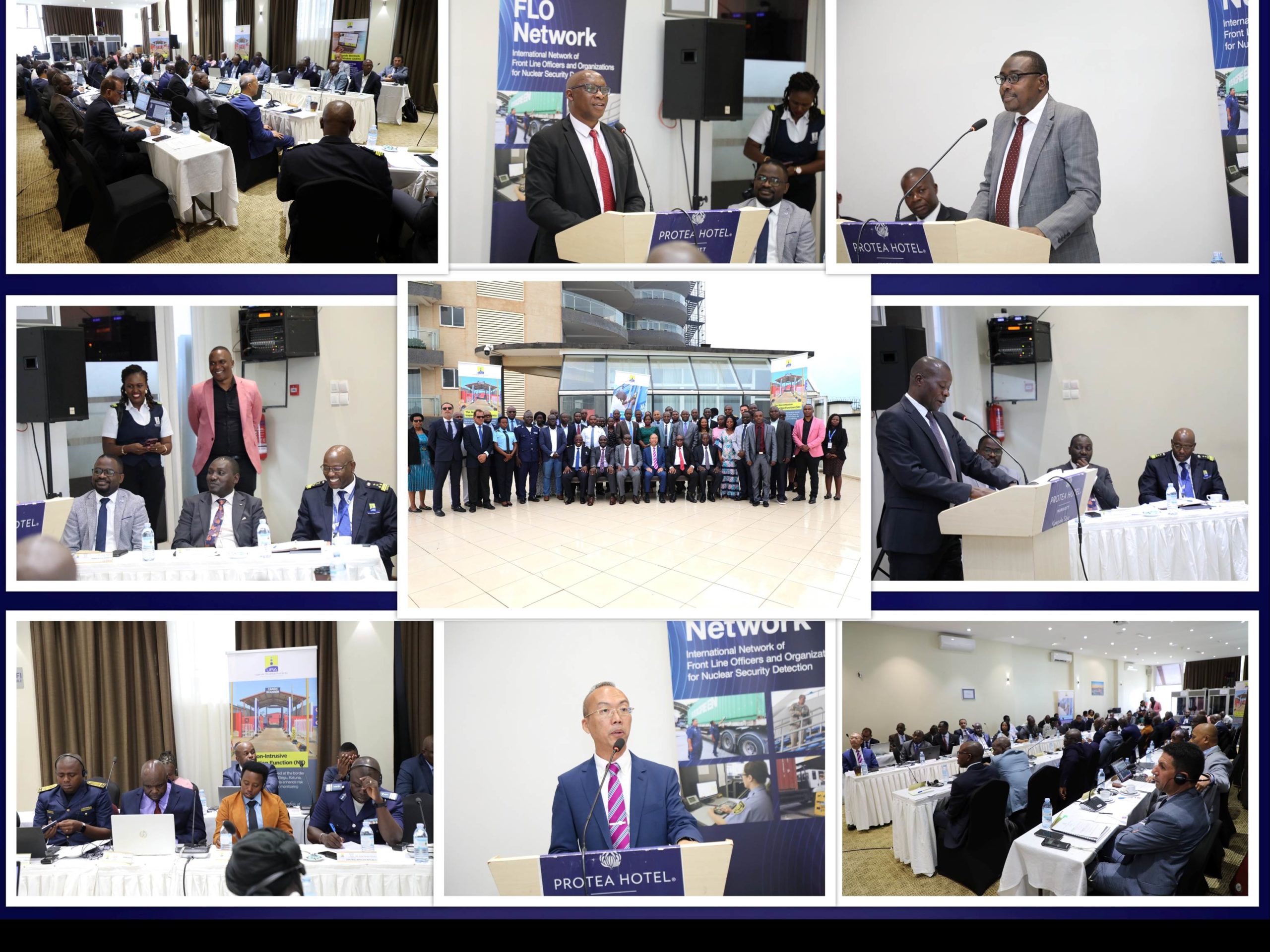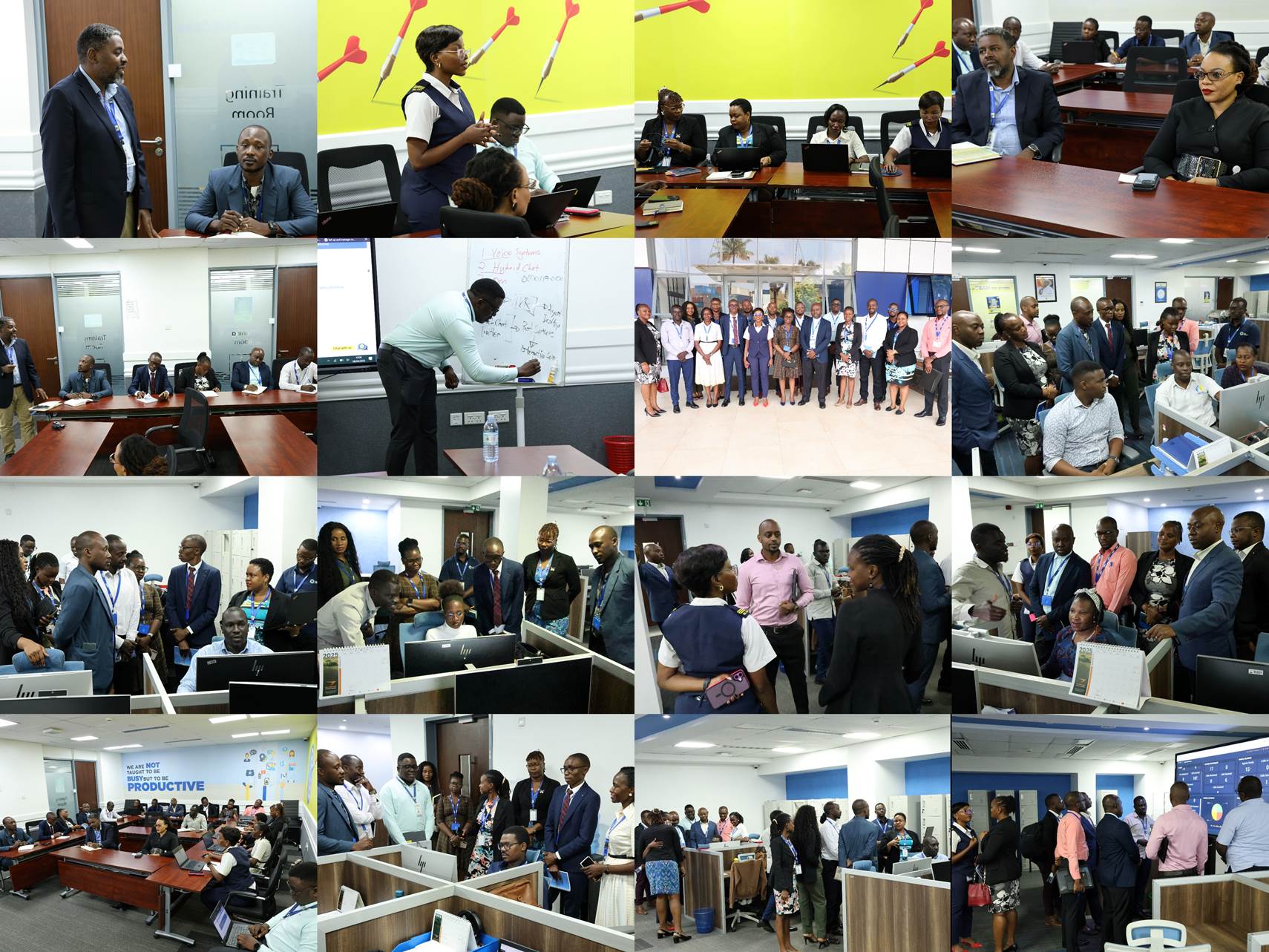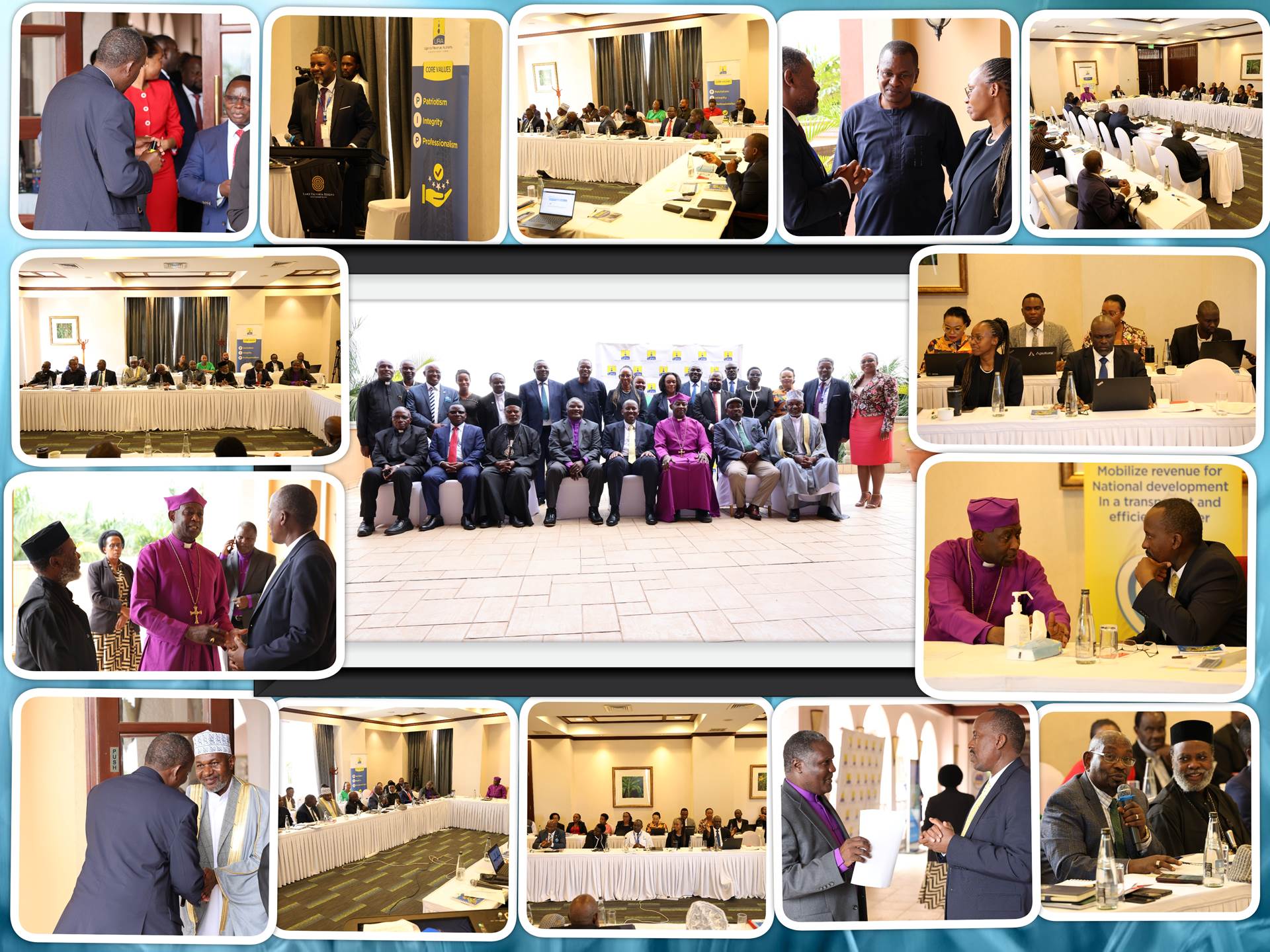By Kabahweza Kamugisha Allan
The International Atomic Energy Agency (IAEA) in collaboration with the Government of Uganda through the Customs Department of the Uganda Revenue Authority met recently to equip frontline officers (FLOs) with detection systems and measures to ensure the deterrence of criminal acts using nuclear.
FLOs are officials engaged in nuclear security detection architecture by using detection technology and information alerts (intelligence) as well as responding to incidents involving nuclear and other radioactive materials out of regulatory control (MORC).
Representing the Commissioner General, Denis Kugonza Kateeba noted that Uganda’s membership in the IAEA has been incredibly beneficial in technical assistance and capacity-building to advance trade facilitation under the Single Customs Territory arrangement.
“The IAEA technical cooperation program has been particularly significant, enabling us to utilize nuclear science and technology in addressing critical development priorities across all sectors, including health, environment, industry, and border security. These initiatives contribute not only to Uganda’s development but also to the broader role of international peace and security,” said Kateeba.
He explained that the training provided by the IAEA through the National Atomic Energy Council has been invaluable as it equipped the frontline staff with the expertise necessary for effective radiation detection and control in order to maintain the highest standards of nuclear security.
So far, six Ugandans have benefited from this training, including police, customs, border guards, and intelligence.
An IAEA official, Mirza Mohamed, said that one of their core responsibilities is to strengthen the nuclear security framework globally by encouraging member states to establish and enhance their respective nuclear security regimes.
“We at IAEA implement a range of activities for the member states to establish and improve nuclear security detection systems and measures because our focus is on detection,” noted Mohamed.
The meeting held at Skyz Hotel brought together 40 participants from 26 member states across the globe. It also provided opportunity to strengthen cooperation with IAEA and regional partners through information sharing, coordination, and collaboration at national, sub-regional, regional, and international levels by FLOs.










